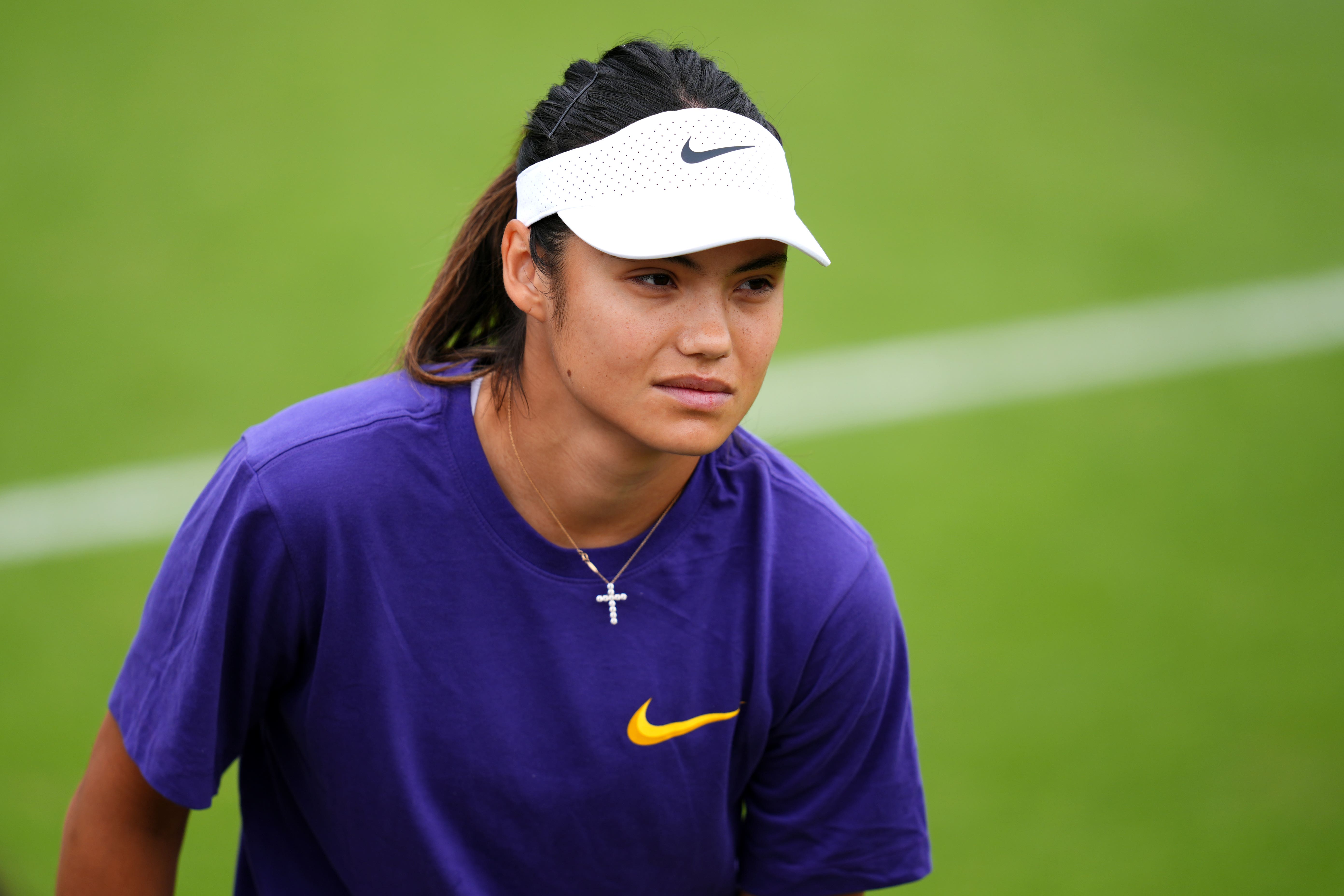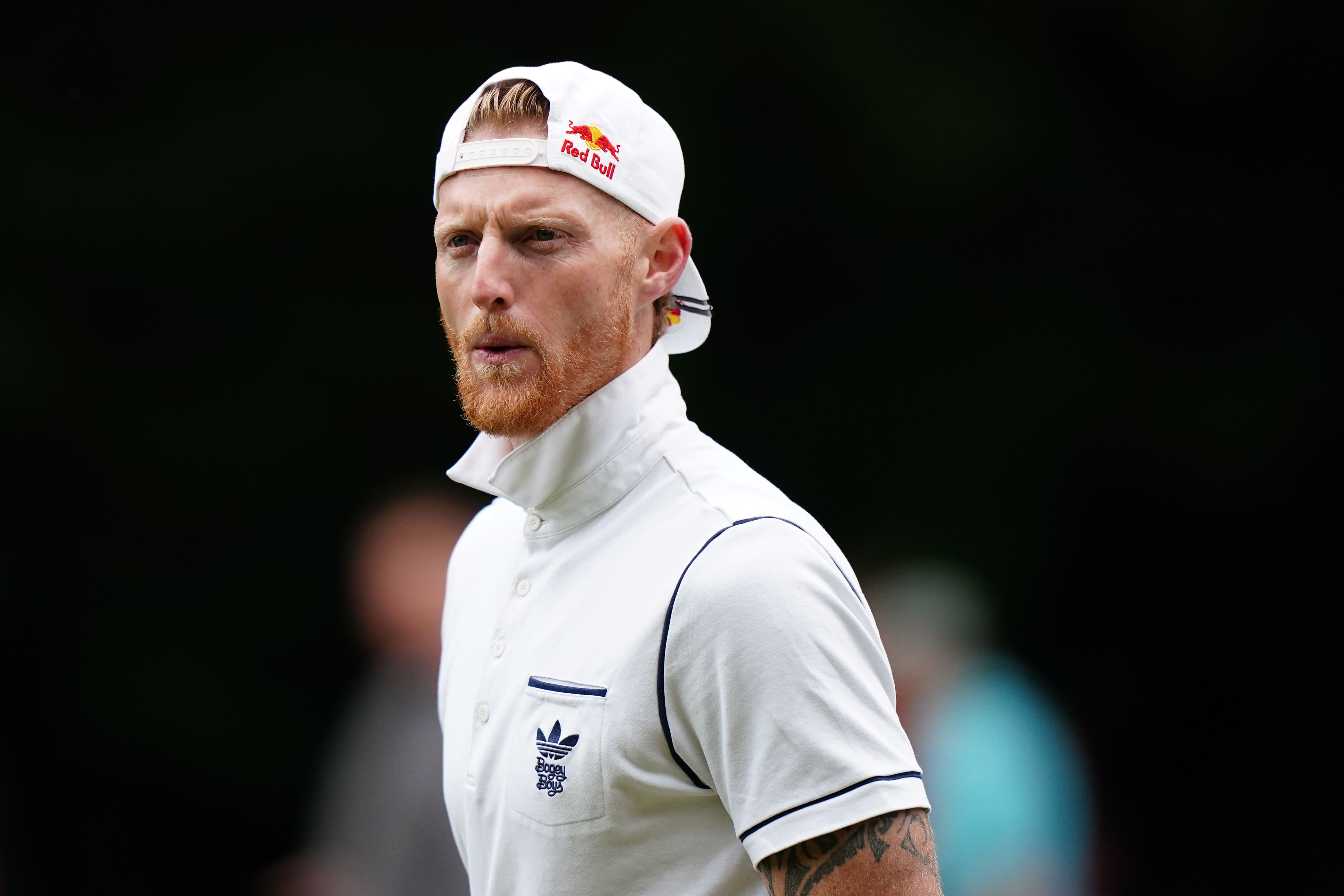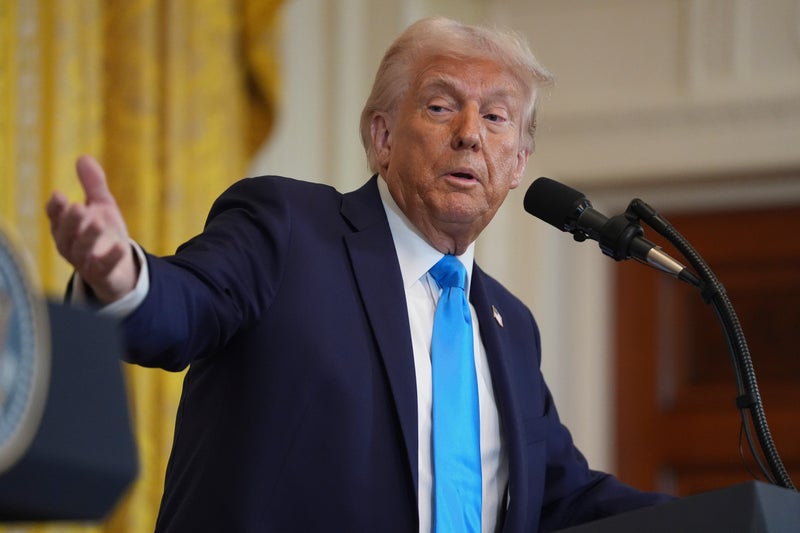He admitted “partial responsibility” for mistakes by his team which led to him twice testing positive for traces of clostebol and although he was potentially facing a two-year ban, Wada surprisingly withdrew their appeal to the Court of Arbitration for Sport (Cas) against his initial exoneration by the International Tennis Integrity Agency (Itia) announced in August – instead settling for a three-month ban.
Sinner wasn’t the only high-profile player to receive a surprisingly lenient sentence for a doping violation last year, with five-time grand slam champion Iga Swiatek accepting a one-month ban after testing positive for the banned heart drug trimetazidine.
World No 1 Sinner reached a settlement with the World Anti-Doping Agency to serve just a three-month ban after two positive drugs test last year.
It was announced over the weekend that world No 1 Sinner has reached a settlement with the World Anti-Doping Agency (Wada) over a pair of positive drugs test in March last year.
Sinner has already won three grand slam titles at the age of just 23 and 24-time grand slam champion Djokovic has urged a complete overhaul of the anti-doping system, believing the world No 1’s status earned him preferential treatment.































